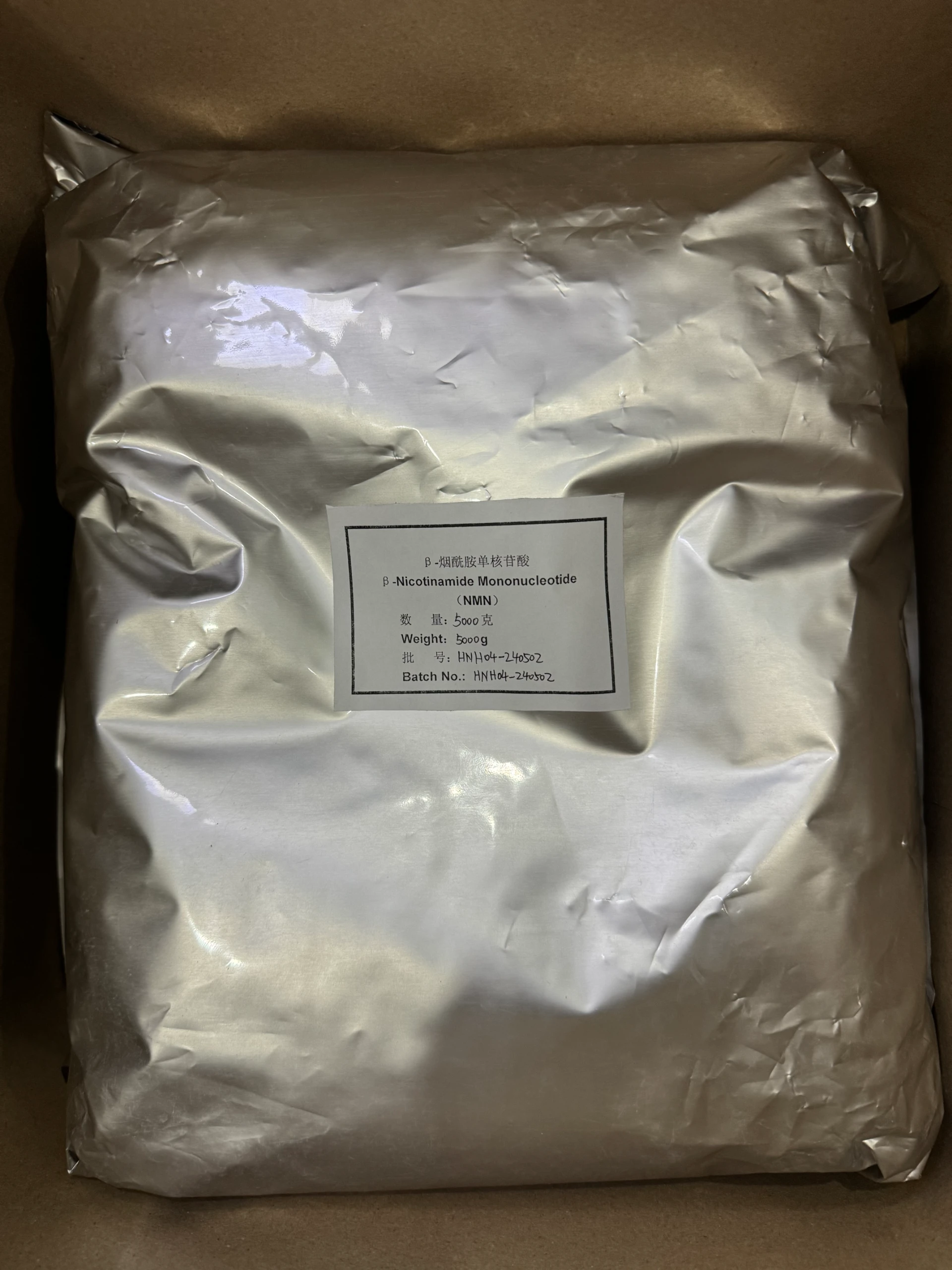Exploring PQQ A Promising Energy Enhancer
In recent years, the quest for sustainable energy sources and effective ways to enhance human energy levels has gained significant traction. Among the various compounds explored, Pyrroloquinoline Quinone (PQQ) has emerged as a unique and promising candidate. This article will delve into what PQQ is, its benefits, mechanisms of action, and its potential applications in energy metabolism.
What is PQQ?
PQQ is a redox cofactor that plays a crucial role in various biological processes. Originally discovered in bacteria, it was found to be essential for the growth of certain microorganisms. Unlike the well-known vitamins, PQQ is not classified as one but exhibits vitamin-like properties in promoting cellular energy production and overall health. Though it is present in small amounts in foods such as kiwi, green peppers, and fermented soybeans, the levels are typically insufficient to meet physiological needs, leading researchers to explore PQQ as a dietary supplement.
Energy Production and Metabolism
One of PQQ's most significant contributions is its role in energy metabolism. It is a potent antioxidant that helps protect cells from oxidative stress, which can deplete energy levels and contribute to various health issues. By protecting mitochondria—often referred to as the powerhouses of the cell—from damage, PQQ helps maintain their function and integrity.
Mitochondria are crucial for ATP (adenosine triphosphate) production, the primary energy currency of cells. PQQ facilitates mitochondrial biogenesis, a process that increases the number and activity of mitochondria in the cells. This increase not only enhances energy production but also boosts the cells’ overall resilience and ability to cope with metabolic stressors.
Cognitive and Physical Performance
Apart from its effects on energy metabolism, PQQ has been shown to enhance cognitive function and physical performance. Research indicates that PQQ can improve memory, learning, and overall brain health. This is particularly important in an era where cognitive decline is a growing concern among aging populations. By promoting neurogenesis—the formation of new neurons—PQQ may influence cognitive health positively.
pqq energy

In the realm of physical performance, PQQ's energy-enhancing effects can lead to improved endurance and reduced fatigue during exercise. Athletes and active individuals might find PQQ supplementation beneficial for recovery and maintaining optimal energy levels during strenuous activities.
Mechanisms of Action
PQQ functions via multiple mechanisms, making it a versatile compound in energy metabolism. Its antioxidant capabilities neutralize free radicals, reducing oxidative stress that can hinder energy production. Furthermore, PQQ influences gene expression related to mitochondrial function and the production of energy. By enhancing the efficiency of cellular respiration, PQQ ensures that energy is produced more effectively, maximizing physical and cognitive capabilities.
Potential Applications
Given its numerous health benefits, PQQ is being explored in various fields. As a dietary supplement, it is gaining popularity among those seeking enhanced energy, improved cognitive function, and better overall health. Clinical studies are underway to further validate its efficacy for specific conditions, including neurodegenerative diseases such as Alzheimer’s and Parkinson’s.
However, it is essential for consumers to approach PQQ supplementation with informed caution. While preliminary research is promising, long-term effects and optimal dosages have yet to be fully established. Consulting with healthcare professionals before starting supplementation is advisable, especially for individuals with underlying health conditions or those taking medications.
Conclusion
PQQ stands out as a noteworthy compound in the quest for energy enhancement and cellular health. Its multifaceted role in promoting mitochondrial efficiency, protecting against oxidative stress, and supporting cognitive and physical performance makes it an exciting topic for ongoing research. As we seek sustainable ways to improve energy levels and overall well-being, PQQ may play a vital role in our dietary landscape. The future looks promising for this unique compound, and further exploration will undoubtedly uncover its full potential in enhancing human health and vitality.

